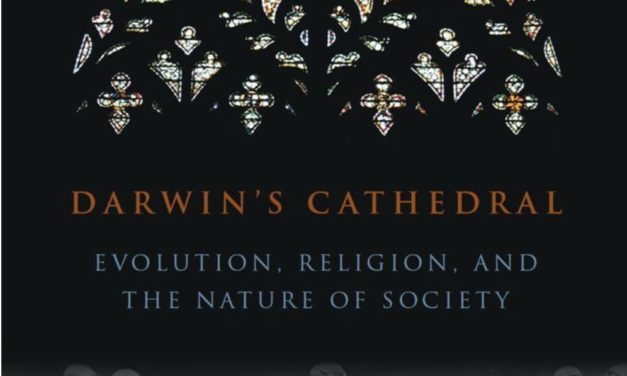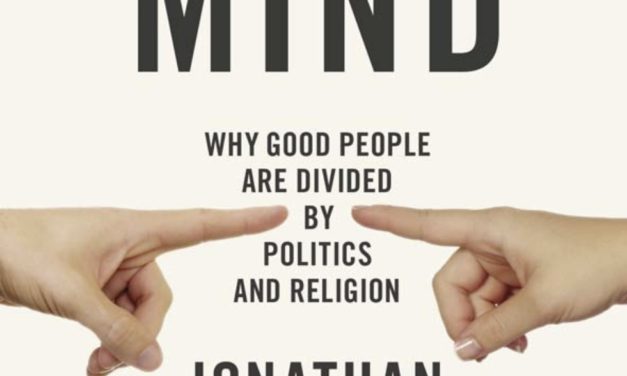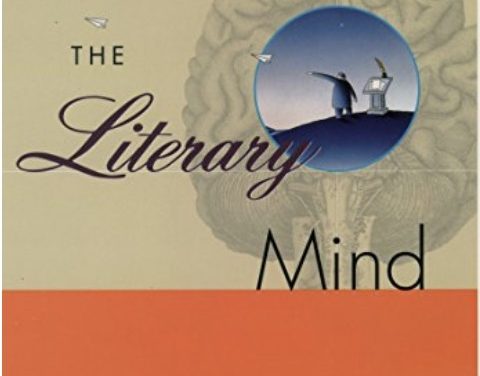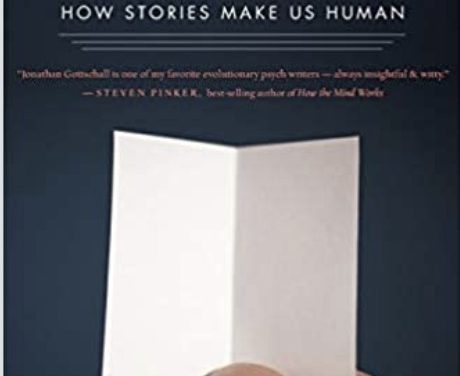Into The Woods: How Stories Work and Why We Tell Them
We all love stories. But why do we tell them? And why do all stories function in an eerily similar way? John Yorke, creator of the BBC Writers’ Academy, has brought a vast array of drama to British screens. Here he takes us on a journey to the heart of storytelling, revealing that there truly is a unifying shape to narrative forms – one that echoes the fairytale journey into the woods and, like any great art, comes from deep within.
Read More





